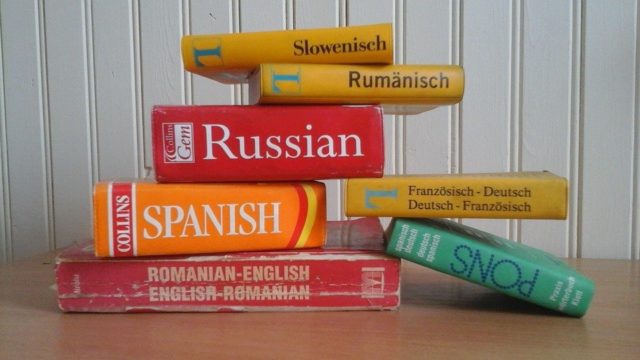So you’re a writer, you’ve written a book, and you have a million questions for your publisher. These include those related to the global world and the possibilities that this entails. Possibilities that inevitably lead to the need for a translator. Obviously, breaking into certain markets means having to hire translation services. Again, more questions. Is it worthwhile translating a book? Into what languages? Only into Spanish? Let’s address each of these questions. Should you translate your book? When you …
Year: 2020
It’s important for a good translator to master their language and possess good spelling, grammar, punctuation, and writing skills, among other aspects. Translation strategies are more individual in nature. They are the set of mechanisms used by each translator to solve the problems that they encounter throughout the translation process and which are based on each text’s specific needs. If you decide to opt for translation services, it is important that you take into account the company’s experience, the professionals who work for …
Finding an acronym in a text is always a cause for doubt for translators. If you offer translation services, the following information might be of interest to if you wish for your texts to comply, to the fullest extent, with the current standards in this regard. Always keep these standards in mind so it’s easier for you to correctly translate the acronyms that you might come across in your work. Should acronyms be translated? They should, but only if they …
Why back translations are so useful and their use in professional translations. Back translation can be defined as the translation of a document that has already been translated back to its original language. For example, let’s remember our time as high school students in Spanish class. First, we translated a sentence into Spanish, and then we translated it back into our native language, English, to check and see if the meaning was correct. And so, the purpose of this back …
Vernacular refers to the language of a given place. In the science of translation, it is important to know the history of the source language to make it easier for you to grasp the true meaning of the text. We’ll go over this in the next section. The History of Vernacular Languages These types of languages are always the result of the union of the different civilizations that passed through a particular region before the formation of the language proper. …





